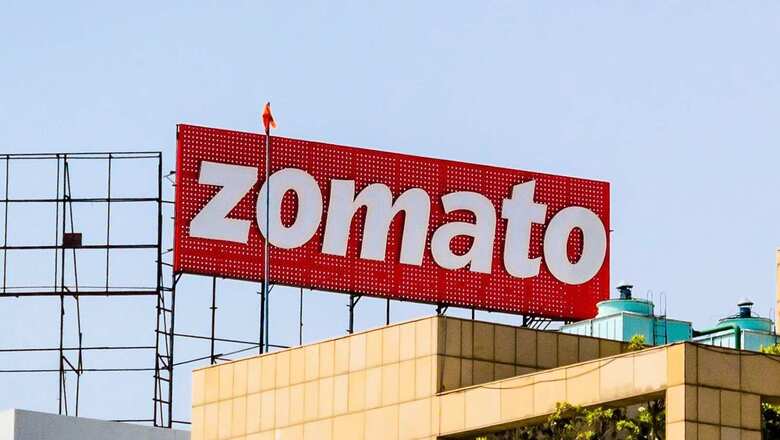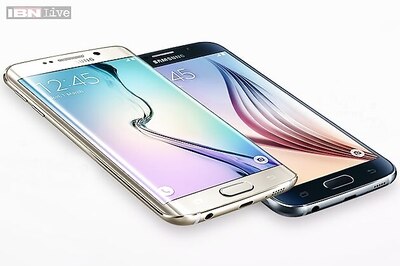
views
Food aggregator Zomato’s board has approved the acquisition of quick commerce start-up Blinkit in an all-stock deal for a total purchase consideration of Rs 4,447 crore. The move comes at a time when Zomato is gearing up for 10-minute delivery. It has said ‘Zomato Instant’ is already on track in Gurugram. Here’s what are dark stores and how will they help Zomato in its 10-minute delivery plan.
Blinkit has visibility into inventory owned by third-party distributors and retailers that stock about 4,000 stock keeping units (SKUs) across a variety of product categories, in a network of warehouses and distributed dark stores. Even after shutting down several dark stores in the recent past to cut losses, Blinkit still has about 400 such stores as of May 2022.
What Are Dark Stores?
A dark store is a micro-fulfillment center for online orders. It is a retail distribution warehouse or centre which is specifically dedicated to those who shop online. A dark store acts as a lifeline of quick commerce platforms like Blinkit and Swiggy Instamart, who promise to deliver groceries to customers within 15 to 20 minutes.
Several employees are recruited in these dark stores, which are typically situated within close radius from where a customer orders. The stores are basically local stores without customers. When a customer makes an order, dark store staff picks and packs the items immediately available in the stock and ship the order directly to the customer’s given address.
Zomato Chief Financial Officer Akshant Goyal, said, “Many dark stores are already trending towards contribution break-even. With continued solid execution and synergy realisation with Zomato, post the transaction, the journey to profitability should only accelerate… We expect that a meaningful number of the dark stores should become contribution break-even within the next year or so. Overall profitability will also be a function of how aggressively we expand and open new dark stores.”
How Will They Help In Zomato’s 10-Minute Delivery
Zomato has said its 10-Minute Delivery system is on track in Gurugram. However, media reports have said the platform hasn’t been able to meet the time target for all orders during its pilot in Gurugram.
Zomato CEO Deepinder Goyal on Friday said: “Time optimisation happens in the supply chain and at dark stores, and never on the road. The fulfillment of the quick delivery promise relies on a network of dense dark stores, which serve customers who are only 2-3 kms away. This means an average travel time of 7-9 mins through shorter and defined routes, at a nominal bike speed of 20 kmph.”
On the Blinkit deal, Akshant said quick commerce increases its addressable market, the potential profit pool and also makes its business more defensible. The peak demand times for food delivery are also complementary to the quick commerce demand peaks in non-meal times. “This will help increase our hyperlocal delivery fleet utilisation and reduce the cost of delivery.”
Success in quick commerce is heavily dependent on an efficient hyperlocal delivery network.
Deepinder said, “Success in quick commerce is heavily dependent on an efficient hyperlocal delivery network. Zomato has a natural advantage here given the millions of food orders that we deliver. That said, hyperlocal delivery alone cannot drive success in quick commerce. That’s where Blinkit comes in with its deep understanding of product-supply chains that involve warehousing, movement of goods from warehouses to dark stores, monitoring inventory stored in various locations, optimising picking and packing of orders, among others.”
Blinkit also facilitates last-mile delivery of products to customers from the dark stores. The delivery radius for a dark store is typically less than 2 km, which allows for quick delivery of products.
Read all the Latest News , Breaking News , watch Top Videos and Live TV here.



















Comments
0 comment